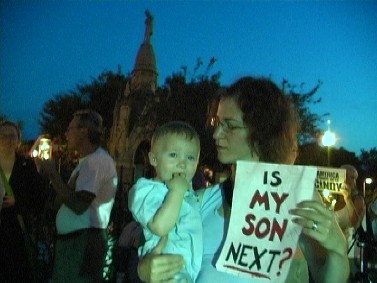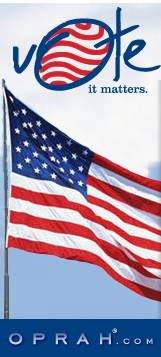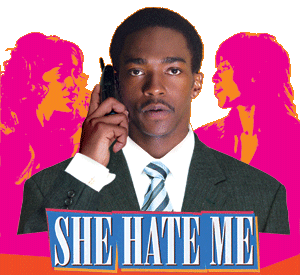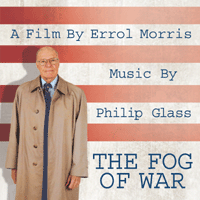Telegraph News 'I could have saved her life but was denied permission': "Refugees from New Orleans died after private doctors were ordered to stop giving treatment because they were not covered by United States government medical liability insurance, according to two American surgeons.
Mark N Perlmutter, an orthapdic surgeon from Pennsylvania and founder of
Healing Hearts, was told by a senior US Coast Guard officer representing the embattled Federal Emergency Management Agency (Fema) that he must leave the overstretched disaster relief hospital at New Orleans airport.

He had applied a chest compression after a female patient died and was turning to another critically ill woman at the triage reception area on the airport tarmac when he was summoned to see Capt Art French, the doctor in charge of the hospital.
'The other lady was in equally bad shape and I was not able to work on her. When I went back afterward to get my supplies they were taking her body to a store where the deceased were being placed.
'It's absolutely possible I would have saved her life but I was denied permission to try.' An estimated 20 to 30 patients died at the temporary hospital that day." (
more)
 CNN NEWSNIGHT AARON BROWNTranscript Excerpt
CNN NEWSNIGHT AARON BROWNTranscript ExcerptAaron BROWN: All right, let me just -- let me recap and move us forward. You get on the tarmac, and basically, the FEMA guy says, "you don't have the right paperwork." And people are sick and in some cases dying around you. You go talk to his boss and he confirms that and that's their concern is, what, they'd get sued?
PERLMUTTER: Exactly, my colleague who went with me, Dr. Clark Gerhardt, specially asked him why, because we were bewildered, there was no FEMA doctor there to replace us, FEMA registered doctor. He said, specifically, tort. They were afraid of the government being sued, because I'm protected by Good Samaritan laws.
BROWN: What sort of paperwork, I mean, assuming that, honestly, I'm a patient on the tarmac, I care that you have a medical license, not that you have something from FEMA, but that's me. What sort of paperwork was it that you needed? How long would that have taken?
PERLMUTTER: Well, we did eventually register that very day. It took two seconds to register.
BROWN: Is there any reason why they couldn't have had someone there on the spot just filling out the form? (
more)






 Song for Cindy Sheehan Video
Song for Cindy Sheehan Video




































 Madeleine BAROUKHEL-MOUREAU
Madeleine BAROUKHEL-MOUREAU 



























